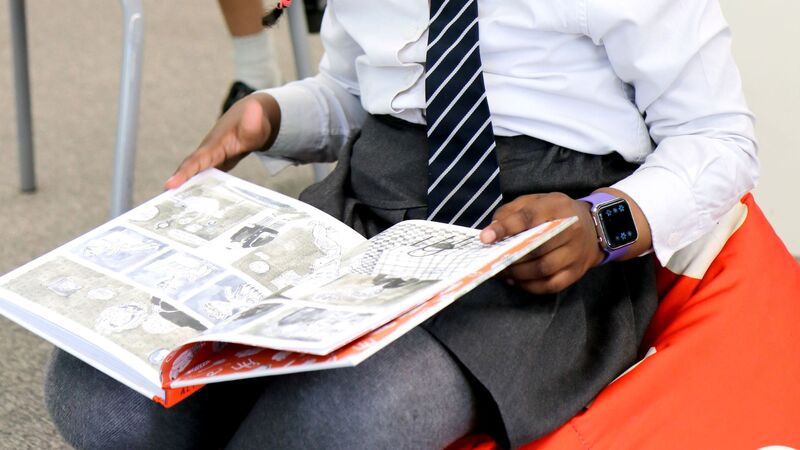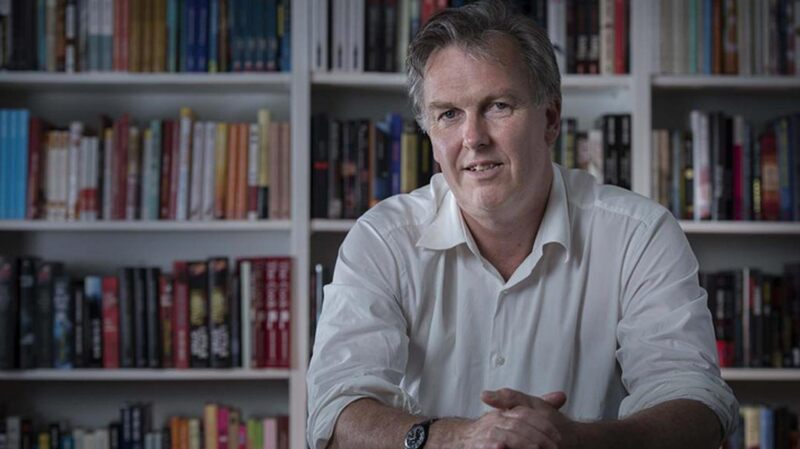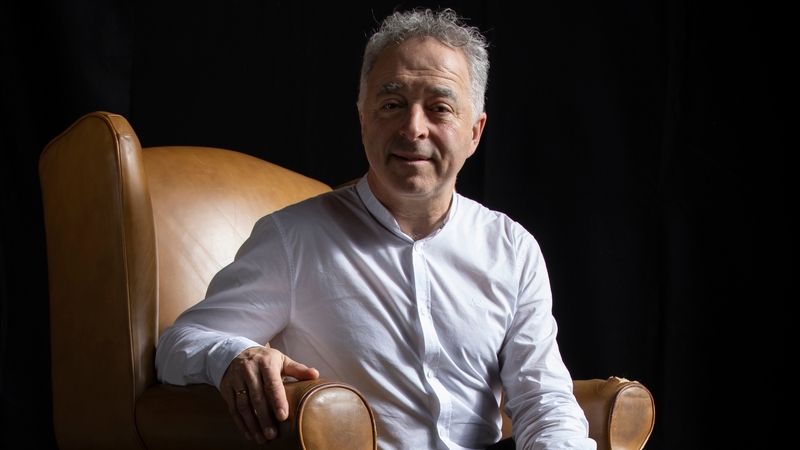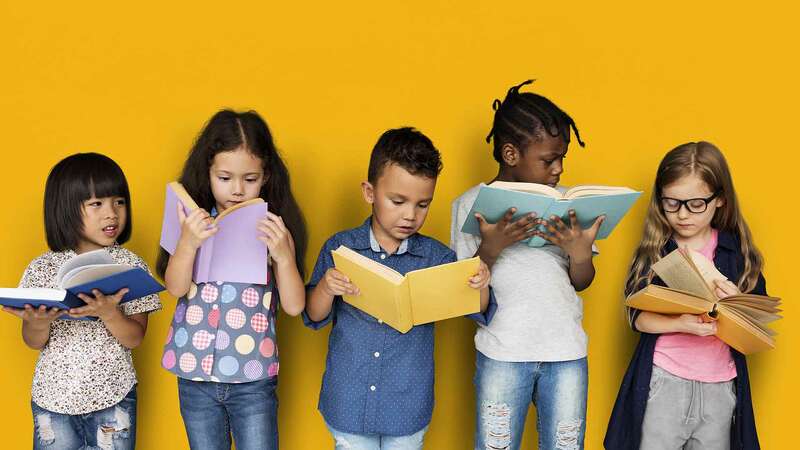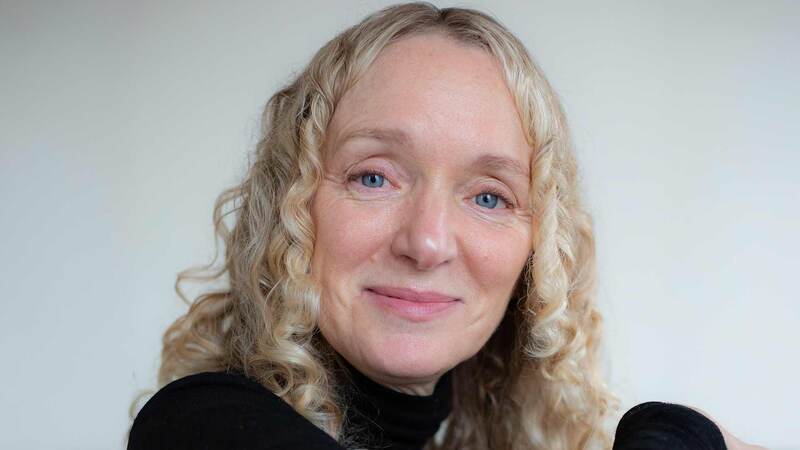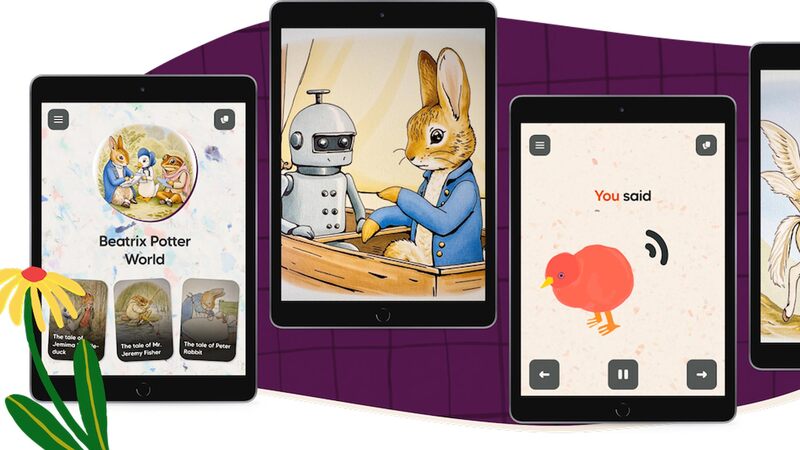You are viewing your 1 free article this month. Login to read more articles.
Murray Hill calls for publishers to be 'agents of social change'
Hachette Children’s Group’s c.e.o Hilary Murray Hill has called on publishers to “act as agents of social change more than ever before”.
As part of her keynote speech for The Bookseller Children’s Conference at London’s Milton Court on Tuesday (26th September), Murray Hill shared concerns over “overuse of social media and time online” and how the current generation of young children is “absolutely beset by anxiety”.
In her speech titled ‘Wider than vision: how should we think about the readers of tomorrow?’ Murray Hill outlined potential issues arising from “early sexualisation” of young people. She also said publishers had to be aware that attitudes towards gender identification among children was "changing at an exponential rate".
She said: “Early sexualisation is already creating attitudes towards long-term commitments and relationships which may mean a more fractured society and home life for children of the future. Attitudes towards gender identification are also changing at an exponential rate – and we are only just starting to see the reality of this playing out. And how much will we be driven by boys being boys and girls being girls? It’s a big focus for us right now.”
Murray Hill praised Goodnight Stories for Rebel Girls [Penguin] but asked if the industry is “publishing appropriately for white working class boys… Or boys more generally?”
She urged delegates to engage in social outreach and “connect with children in the most meaningful way there is – in their imaginations and as part of their present and future emotional lives”. Her speech followed the Publishers Association’s 10-point plan which was published earlier this month to address diversity and increase the percentage of black, Asian and minority ethnic (BAME) employees working across the industry to at least 15% within five years, and the percentage of women in executive-level and senior leadership roles to at least 50% over the same time period.
Murray Hill said Hachette engages with talent “from the widest range of sources” through schemes such as the Carmelite Picture Book Prize, for undergraduate students of illustration and the Enid Blyton Entertainment bursary which promotes literacy.
She said: “Publishing is a business, but our product has a wider social meaning. And this is the key to thinking about our future success.
"I want us to take a more central role in the politics which affect children. And I want us to act as agents of social change more than ever before.”
Murray Hill also called for more sharing of data between retailers and publishers. She said: "I would like to appeal to all retailers to share with publishers the phenomenal insight they have into the behaviour of customers, their habits, preferences and needs. Why can’t we have a wider picture of the buying habits of our consumers?"
Kiera O'Brien, The Bookseller's charts and data analyst, revealed at the conference that 37 million children’s books have been sold for £218m for the year to date, a 1.79% drop in both volume and value against the same period in 2016 - although without Harry Potter and the Cursed Child (Little, Brown) the market is actually up 3.85% for the year-to-date. Julia Donaldson is the bestselling children’s author of the year so far, with 1.9 million books sold for £8.7m with David Walliams’ The World’s Worst Children 2 (HarperCollins) the bestselling book of the year, with 307,542 copies sold according to Nielsen BookScan.
The annual conference explores consumer insight into children’s habits, explores some of the biggest success in print as well as use of intellectual property, licensing and campaigns. Other sessions include ‘Children’s bookselling over the past year’ with retailers’ insights, the case study of the award-winning The Girl of Ink & Stars (Chicken House) as well as ‘Moomin marvellous: creating new audiences for a heritage brand’ and a look at TV and film adaptations in ‘From page to screen and beyond’.




